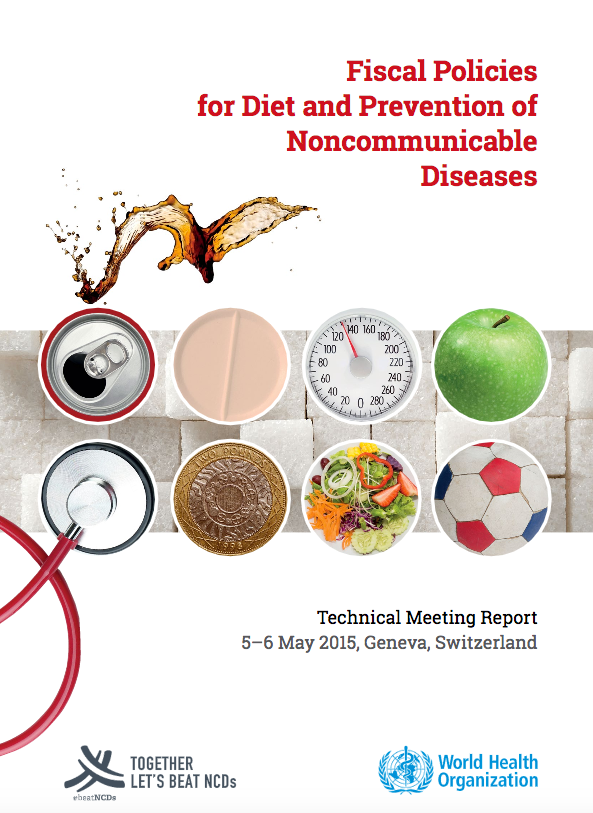 The global epidemic of non-communicable diseases (NCD) is in good part caused by unhealthy consumption of food and drinks loaded with sugar and artificial sweeteners, trans-fatty acids, salt and a number of flavourings and additives. The lowering of trade barriers, the explosion in direct foreign investment, and the globalization of unhealthy consumption models has contributed to the current dire situation, especially in developing countries. 71% of Mexican adults are overweight or obese, for example.
The global epidemic of non-communicable diseases (NCD) is in good part caused by unhealthy consumption of food and drinks loaded with sugar and artificial sweeteners, trans-fatty acids, salt and a number of flavourings and additives. The lowering of trade barriers, the explosion in direct foreign investment, and the globalization of unhealthy consumption models has contributed to the current dire situation, especially in developing countries. 71% of Mexican adults are overweight or obese, for example.
The set of national regulatory options that can contribute to NCD reduction is well-known, has been reviewed in scholarly literature and has been included in international documents such as the WHO FCTC and the WHO Global NCD Action Plan. Tax and subsidies are an integral part of a combination of measures, that have to be adapted to each national context. The challenges for national government, however, are multiple: designing an effective taxation strategy to reduce – rather than redirect – consumption of unhealthy foods while subsidizing and promoting healthy choices; overcoming opposition to increased taxation; measuring taxation’s effects on NCD prevalence among many other factors; and paying attention to possible distortions in competition that can lead to challenges under international trade and investment law.
WHO has been supporting national efforts by providing evidence, guidance and policy options, among them guidelines on tobacco taxation under the FCTC. Its latest contribution is a detailed report reviewing the rationale for fiscal policies, comparing available country experiences, and focusing on some crucial issues for the success or failure of fiscal policies such as what type of tax to apply; what tax structure to implement; what products to tax; how to design a sound fiscal policy development process.
The report strongly recommends combining taxes and subsidies to avoid consumers just shifting to cheaper unhealthy foods, especially vulnerable and low-income groups more sensitive to price increases. Available evidence, however, shows that demand for foods and beverages tends to be inelastic (i.e. consumers are not very responsive to price changes), therefore tax rates will have to be high enough to meaningfully reduce consumption for health purposes. The report points to excise taxes (i.e. where a set amount of tax is charged on a given quantity of a product) as potentially more effective since they increase uniformly the price of all affected products, provide a more stable revenue, and are relatively easier to administer in resource-constrained countries. National authorities will have to develop nutrient profile models ranking foods according to their nutritional composition as a health policy tool but also as a rational tool to impose or increase taxes.
The more sobering part of the report concerns the sometimes successful challenges mounted by the industry, that uses similar arguments and tactics as the tobacco industry including litigation and mobilization of “free choice” associations. The national experiences reviewed in the report show how crucial the design of the tax programme is in this connection, including monitoring of its effects and ensuring strong civil society support. The report unfortunately does not review possible legal challenges under international trade and investment law, in particular with regard to the structure and design of the taxes, the decrease in value of foreign investments protected under bilateral investment treaties, and the compatibility of agricultural production subsidies with WTO disciplines. We hope WHO will fill this gap in a future report.



